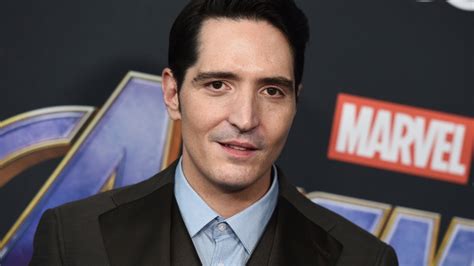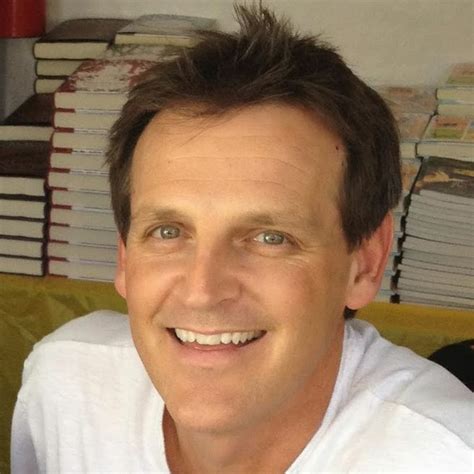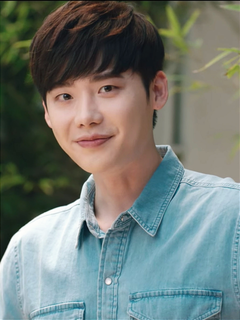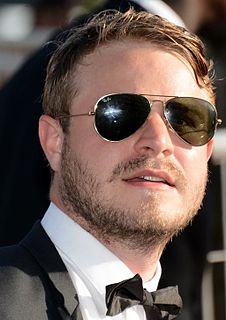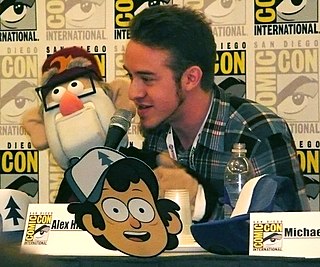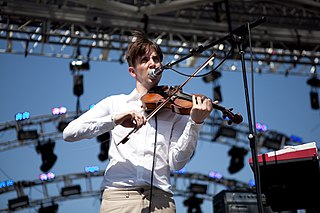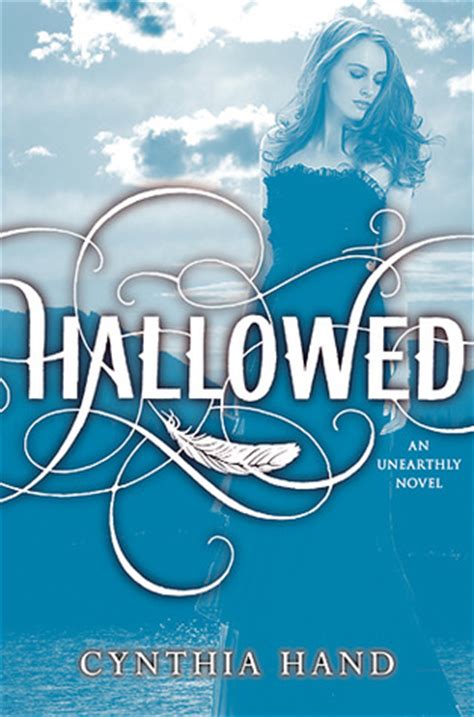A Quote by Jason Aaron
'Scalped' No. 1 was only the third comic script I'd ever written. I really learned a lot about writing on the fly with that series.
Related Quotes
The first comic book I ever bought, I was in third grade. It was 'Avengers,' I think, #240. I grew up in Kansas City. And I walked into a 7-11. I had seen, like, 'The Hulk' TV series. I knew about comic book heroes. I knew about it, but I hadn't actually had a physical comic in my hands until that time. And it was a big deal for me.
We see only the script and not the paper on which the script is written. The paper is there, whether the script is on it or not. To those who look upon the script as real, you have to say that it is unreal - an illusion - since it rests upon the paper. The wise person looks upon both paper and script as one.
You know, my problem with most screenwriting is it is a blueprint. It's like they're afraid to write the damn thing. And I'm a writer. That's what I do. I want it to be written. I want it to work on the page first and foremost. So when I'm writing the script, I'm not thinking about the viewer watching the movie. I'm thinking about the reader reading the script.
I structure the scripts and work on them on films and work on scenes with writers and but I haven't written a script myself, I really respect what they do and I'm fortunate I get to work with people that I really enjoy working with and we all kind of spitball and work together on these things, but I haven't written a script yet.
I was able to notice in a very early stage, there were discrepancies between the people who are writing the songs and discrepancies about the self that I was writing about. I was feeling that there were all these different people, both writing the record and having the record being written about them, even though ostensibly it was me sitting down and documenting a series of life experiences. Part of that, when I recognized this unconscious thing I was doing, was about these spaces, about these gaps.
I’ve learned that a storm isn’t always just bad weather, and a fire can be the start of something. I’ve found out that there are a lot more shades of gray in this world than I ever knew about. I’ve learned that sometimes, when you´re afraid but you keep on moving forward, that’s the biggest kind of courage there is. And finally, I’ve learned that life isn’t really about failure and success. It’s about being present, in the moment when big things happen, when everything changes, including myself.


